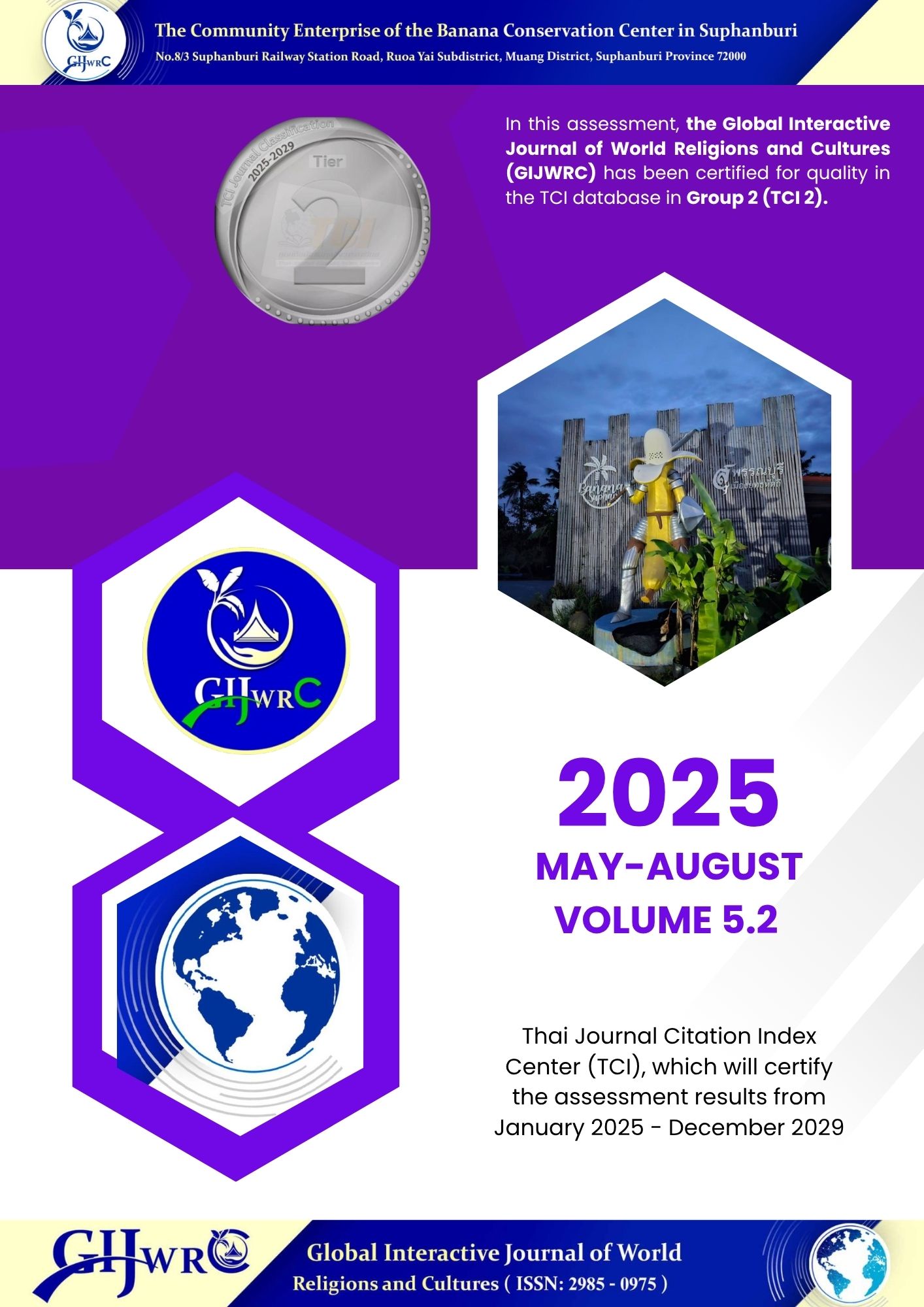REFORM THE THAI CIVIL SERVICE SYSTEM TO SOLVE THE CURRENT CORRUPTION PROBLEM
Main Article Content
Abstract
This academic article aims to study the civil service reform process in Thailand and to study solutions to current corruption problems. It is very important in the Thai bureaucracy. It is a problem affecting progress and people's confidence in the governance system. There are some solutions to the problem of corruption in the bureaucracy. It is transparent by using information technology to disclose public information. They are, for example, government agency budgets, programs, and spending. It encourages citizens to participate in monitoring and monitoring government operations. It provides for the dissemination of information to the public, e.g. Government budget, national development plan and other important information. It happens to citizens through various channels such as government websites and various communications. Government agencies release public information to promote transparency. It includes checking the accuracy and completeness of information before it is published. It prepares information for dissemination to the public. It uses channels such as government websites, Government Open Data Portal or other online communication platforms. It communicates with the public about published information. It is important information for answering and solving public questions. It is an evaluation of the public release. It brings in external audit agencies to carry out government work. It promotes a culture of information disclosure and public awareness. It encourages citizens to have knowledge and understanding of their rights and duties to inspect government officials. It supports communication and dissemination of information on preventing and suppressing corruption. It clearly reinforces responsibility, criteria and standards for working. It uses a fair and transparent performance appraisal system. It provides strict punishment for offenders, not exempting those in authority. It has to deal with problems. It's such a duplication of duties and responsibilities of the agency. It has reformed the civil service system to address corruption. It requires cooperation from all sectors, including government, the private sector, NGOs and the general public. It creates lasting change and has real results.
Article Details
References
Bhokin Pholkun, Chanchai Saengsak. (1998). Public Law and Civil Service
Reform in the Globalization Era. Bangkok: Nititham. pp. 39-45.
Jiraprapa Akaraboon. (2015). Thai Public Administration System. Nonthaburi:
Korakon Printing. P. 181.
Kamol Thongthammachat, Phonsak Phongphaew. (1996). Thai Civil Servants:
Consciousness and Ideology. Bangkok: Chulalongkorn University. pp. 39-42.
Robert Klitgaard. (2008). A holistic approach to the fight against corruption.
Bali, Indonesia, Available. California: Univ of California Press. 2.
Rogow, A. A., & Lasswell, H. D. (1963). Power, corruption, and rectitude: Prentice-Hall Englewood. NJ. 6.
Royal Institute. (2013). Royal Institute Dictionary B.E. 2554. Bangkok: Aksorn
Charoentat Co., Ltd. 2nd, printing.
Shleifer, A., & Vishny, R. W. (1993). Corruption. Quarterly Journal of
Economics. 3.
Singthong, T. (2015). Civil Service Reform in Thailand: A Case Study of
Bangkok. Bangkok: Copyright of Ramkhamhaeng University.
Thanakorn Surakhan, Nattawut Bungchan. (2016). Civil Service Reform
According to the New Public Administration Principles. Sakthong Journal, 22.3.
Thipawadi Meksawan. (1998). Civil Service Reform for Survival. Bangkok:
Office of the Civil Service Commission (CSC). P. 60.
Thotsaporn Sirisamphan. (2002). Complete Research Report: Development of
the System and Mechanism of State Administration Inspection: Research Project on the Development of State Administration Inspection System. Bangkok: Thailand Research Fund. P. 47.
Transparency International. (2024) Glossary. Retrieved from Transparency
International: https://www.transparency.org/en/glossary. 7, 8.
Wirach Wiratchanipawan. (2004). Values of Thai Civil Servants in the Civil
Service Reform Era. Bangkok: Nititham. p. 56.
World Bank. (2024). World Bank Business Environment Survey. Retrieved
from http://info.worldbank.org/governance/wbes. 24 September 2567.


